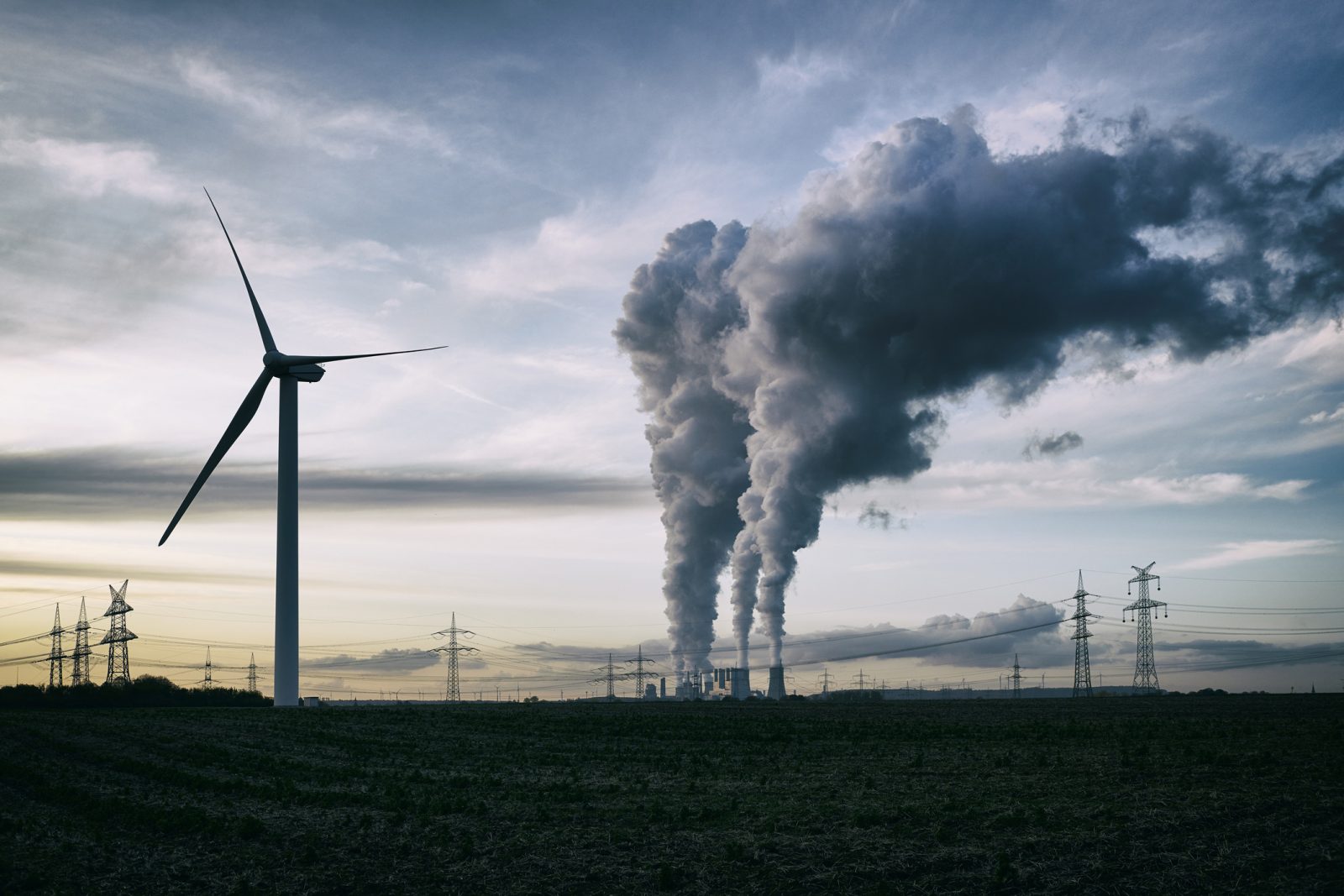As the COP26 climate summit continues with world leaders talking climate change in Glasgow, Scotland, the topic is also at the forefront of both research and courses at Brock University. Climate change and its effects is discussed in various Faculties and from a variety of angles at Brock. Here are five examples of how students are learning about climate change.
Contemporary Environmental Issues
ENSU 3P90 is an Environmental Sustainability capstone course for Brock students who share an interest in sustainability and a concern for improving the relationships between people and the planet. Students engage in a wide range of sustainability issues, including climate change and biodiversity loss as well as displacement and environmental racism.
The course’s instructor, Jessica Blythe, Assistant Professor in Brock’s Environmental Sustainability Research Centre, says it resonates with students who are seeking to make a positive change in the world.
“Many members of Gen Z feel overwhelmed by the state of the world and are responding by devoting their professional careers to finding solutions,” she said. “This course is designed to help students develop core competencies in sustainability science, including systems thinking, anticipatory and strategic skills, so they can thrive in sustainability careers and contribute to addressing the climate crisis.”
Watershed Study and Assessment
ERSC 4P31 is an Earth Sciences course that looks at the environmental health of two branches of the upper Twelve Mile Creek. Students in the course measure water quality parameters under different ambient conditions. They then get to compare their results with historical ones obtained in 1978 and 2001.
Professor of Earth Sciences and course instructor Uwe Brand said the exercise encourages participants to re-evaluate their perceptions of clean water and its availability.
“The course should show them that water is not only important to the fauna of the creek but also speaks to our water security,” he said. “In light of increasing CO2 emissions and global warming, don’t take anything for granted, including access to ‘clean’ water.”
Environmental Economics
ECON/TOUR 2P28 is a course that provides Economic perspectives on environmental and natural resource issues. Economics Instructor Geoff Black, who leads the course, said it is often an eye-opening experience for students.
“We look at ways in which this shortcoming can be modelled and investigate policy that can bridge the gap,” he said. “It’s important for students to understand the market failures that occur regarding both common resources and public goods.”
Ecocinema: History, Theory, Practices
COMM/FILM/PCUL 4P58 is a Film Studies course that explores the proliferation of both fiction and nonfiction films that deal with the climate change, species extinction, resource extraction and other industrial practices.
Course instructor Christie Milliken, Associate Professor of Film Studies, said the topic of climate change has been more prevalent in recent years, but it was also common in science fiction films in earlier decades.
“The course invites students to consider the various rhetorical strategies deployed across a range of films as they invite us to rethink our relationship to the planet,” she said.
Climate Crisis
GEOG/ERSC 2P08 is a Geography course that provides an Introduction to the Earth’s atmosphere and the natural and anthropogenic drivers that change the Earth’s climate system. These include the Greenhouse effect, human activities that alter the climate system, climate models, climates of the past and projections of future climate.
STORY REPOSTED FROM THE BROCK NEWS

